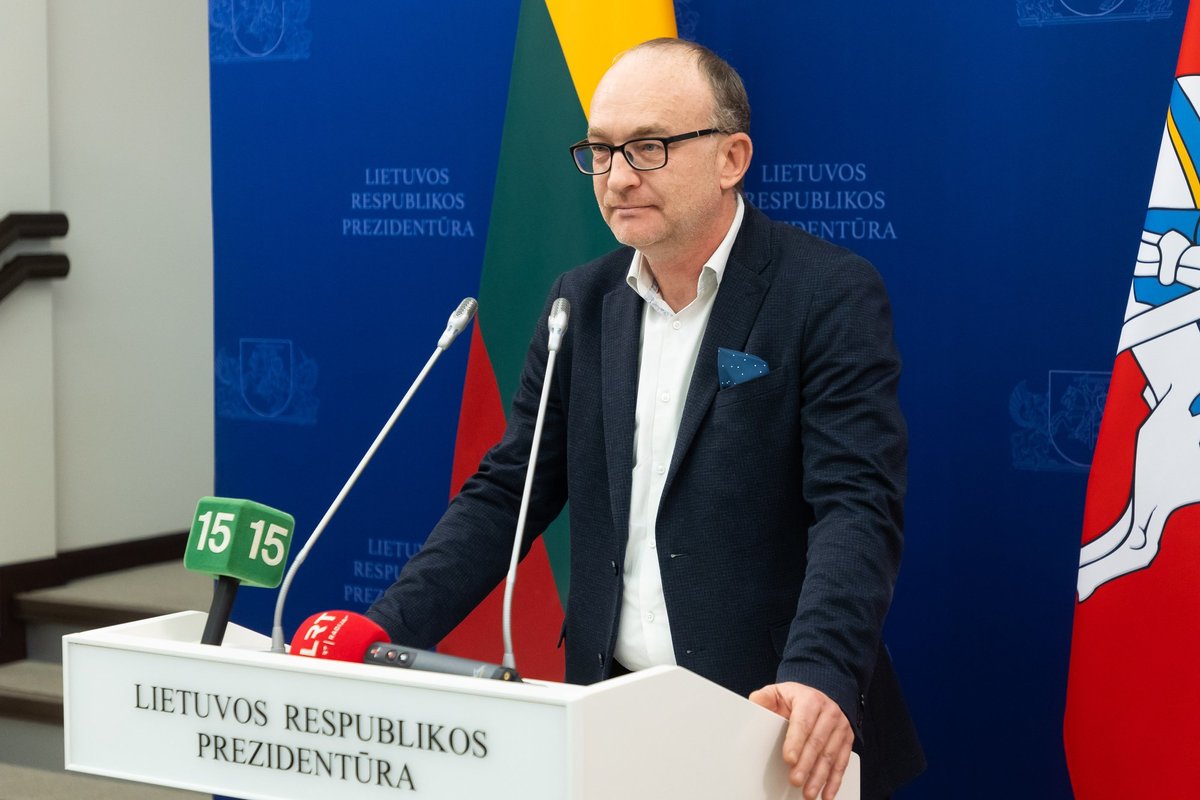“I think we should consider a number of things. First, trust in the state. The country gave a promise to people who 35 years ago stepped up and honestly admitted what they had done in the Soviet times. […] Another thing, how much danger do those people pose? To satisfy one’s curiosity and learn who was a ’snitch’ would be neat, all of us would like to know. […] But the majority of those people are of pensionable age or older. The majority do not participate in the life of the state,” Jansonas commented in an interview to the radio station Žinių radijas.
The president’s chief adviser implied that individuals who had admitted having cooperated with the KGB, and whose names were classified, do not pose any danger to Lithuania. Yet revealing their names would endanger people’s trust in the state.
According to Jansonas, the proposal of the Nemunas Dawn may be perceived as punishment against those who had admitted ties with the KGB, whereas those who had not would remain unknown to the public, which would make the entire affair odd.
As reported, the Nemunas Dawn, led by MP Remigijus Žemaitaitis, has drafted a bill that would declassify the list of KGB collaborators, with the exception of those who are not politicians, do not hold any official duties and are not civil servants.
In 2015, Parliament classified for 75 years information about individuals who had cooperated with the KGB. A previous law stipulated that such information would be remain secret until 2015.
